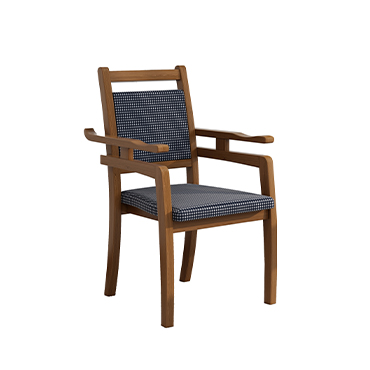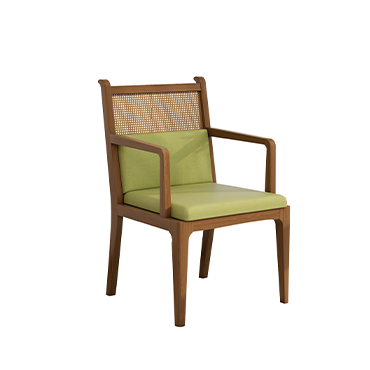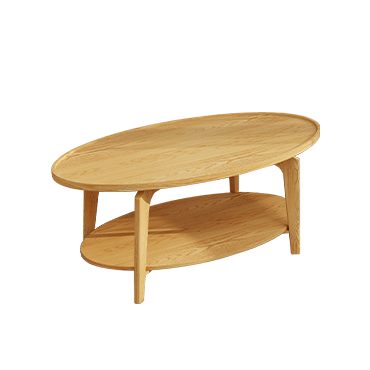Countries Promote Age-Friendly Renovations to Improve Elderly Quality of Life

As many countries around the world enter an aging society, the phenomenon of elderly people living alone or being "empty-nesters" is becoming more common. The challenges elderly people face in daily life have drawn widespread social attention. Many countries are using technological means to continuously promote age-friendly renovations in homes, nursing homes, and communities, aiming to provide a safer and more convenient living environment for the elderly, ensuring they can enjoy a more comfortable and dignified life in their later years.
South Korea - Building Elderly-Friendly Cities
In the Seongbuk District of Seoul, South Korea, elderly care staff use IoT devices to monitor the daily lives of elderly residents in real time. Once an anomaly is detected, staff can take immediate action to help elderly individuals in distress. Since 2018, Seoul has been implementing the "Safety Management Plan for Vulnerable Elderly Groups," which uses IoT devices for non-contact monitoring, ensuring the safety of the elderly at home. By 2025, Seoul plans to expand this program to cover 16,000 households.
In addition, Seoul is actively promoting the construction of an elderly-friendly city. The city has formulated a "Comprehensive Plan for Elderly Welfare," with plans to invest 1.4 trillion Korean won by 2025 to improve the living conditions of the elderly. This includes increasing the number of day-care centers, improving the management standards of elderly care facilities, and strengthening digital education to help elderly people better adapt to the digital world.
Germany - Focusing on Upgrading Ordinary Housing
As one of the EU countries with the highest level of aging, Germany has made age-friendly housing renovations a key focus of its aging-related policies. The German government offers special subsidies for housing renovations, and the statutory long-term care insurance covers up to 4,000 euros in renovation costs per person. From 2014 to 2018, Germany supported the renovation of about 190,000 homes to make them age-friendly, which is expected to reduce elderly care costs by approximately 9,600 euros per year.
Germany places great emphasis on the standards for age-friendly renovations, with detailed requirements for the dimensions, quality, and colors of doors, windows, ramps, stairs, and call devices to meet the needs of elderly residents. A renovated building in Berlin, for example, showcases thoughtful design with ramped entryways for easier access, stair rails with proper height and anti-slip strips to prevent falls, and widened corridors with motion-activated lighting to ensure elderly residents are always safely illuminated.
Japan - Smart Devices Ensuring Elderly Safety
In Saitama Prefecture's Arakawa Town, Japan, the local government has actively promoted age-friendly renovations in elderly care facilities to create barrier-free living environments. For example, the Arakawa-en nursing home has upgraded its equipment with a "Smart Care Bed Sensor System" that monitors elderly residents' bed positions, movements, and transitions from lying to sitting or standing. This system can predict potential risks of falls and alert caregivers in advance, significantly reducing the chances of accidents.
These smart renovations not only ensure the safety of elderly residents but also provide personalized and comfortable care based on data analysis of their daily habits and routines, such as when they wake up or use the restroom. This approach minimizes disturbances to their daily lives, further enhancing their well-being.
Conclusion
Many countries are continuously promoting age-friendly renovations, using technology and detailed management to improve living conditions and quality of life for the elderly. These measures not only help elderly people live more safely and conveniently but also provide valuable experiences and insights for other countries facing the challenges of an aging society.





